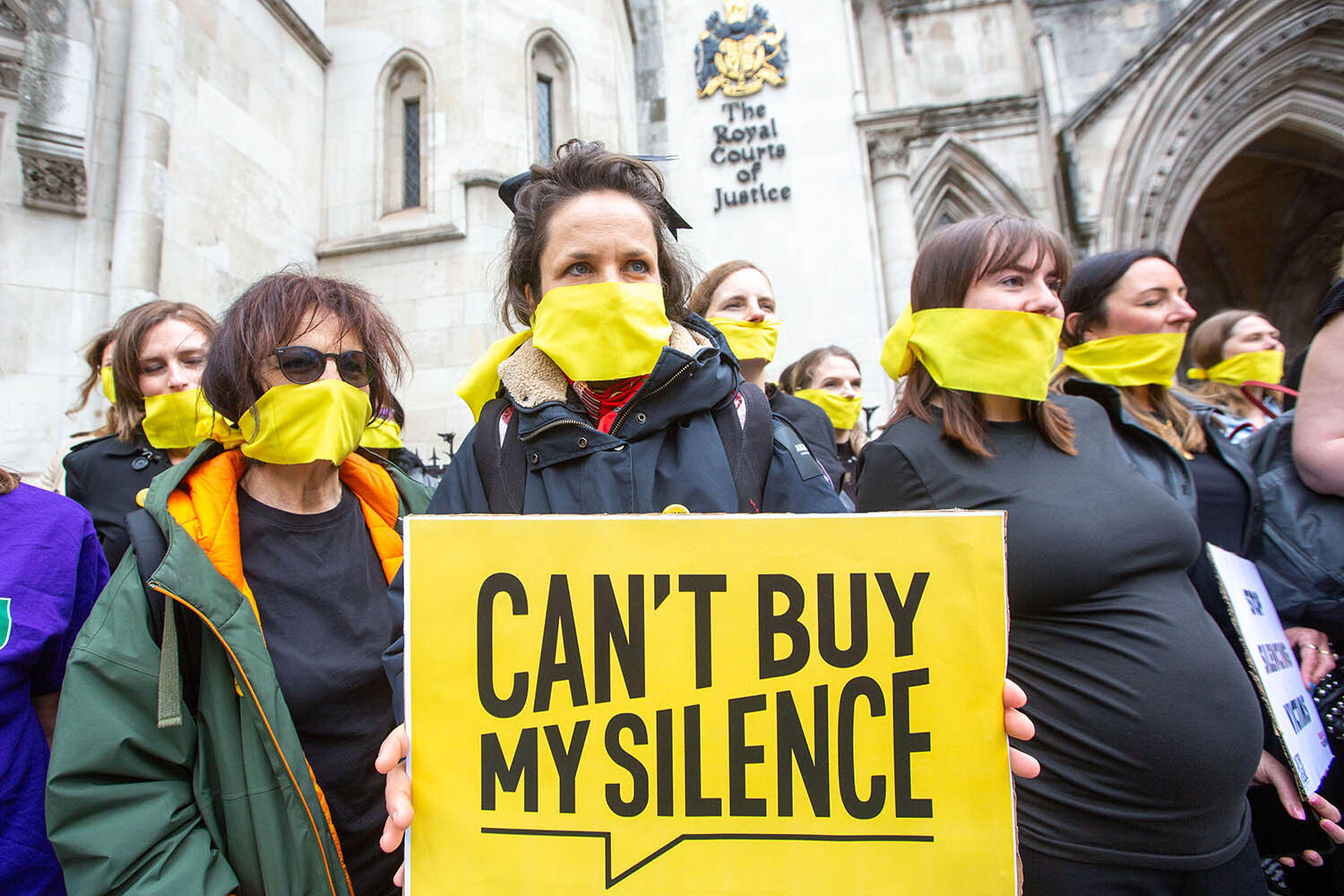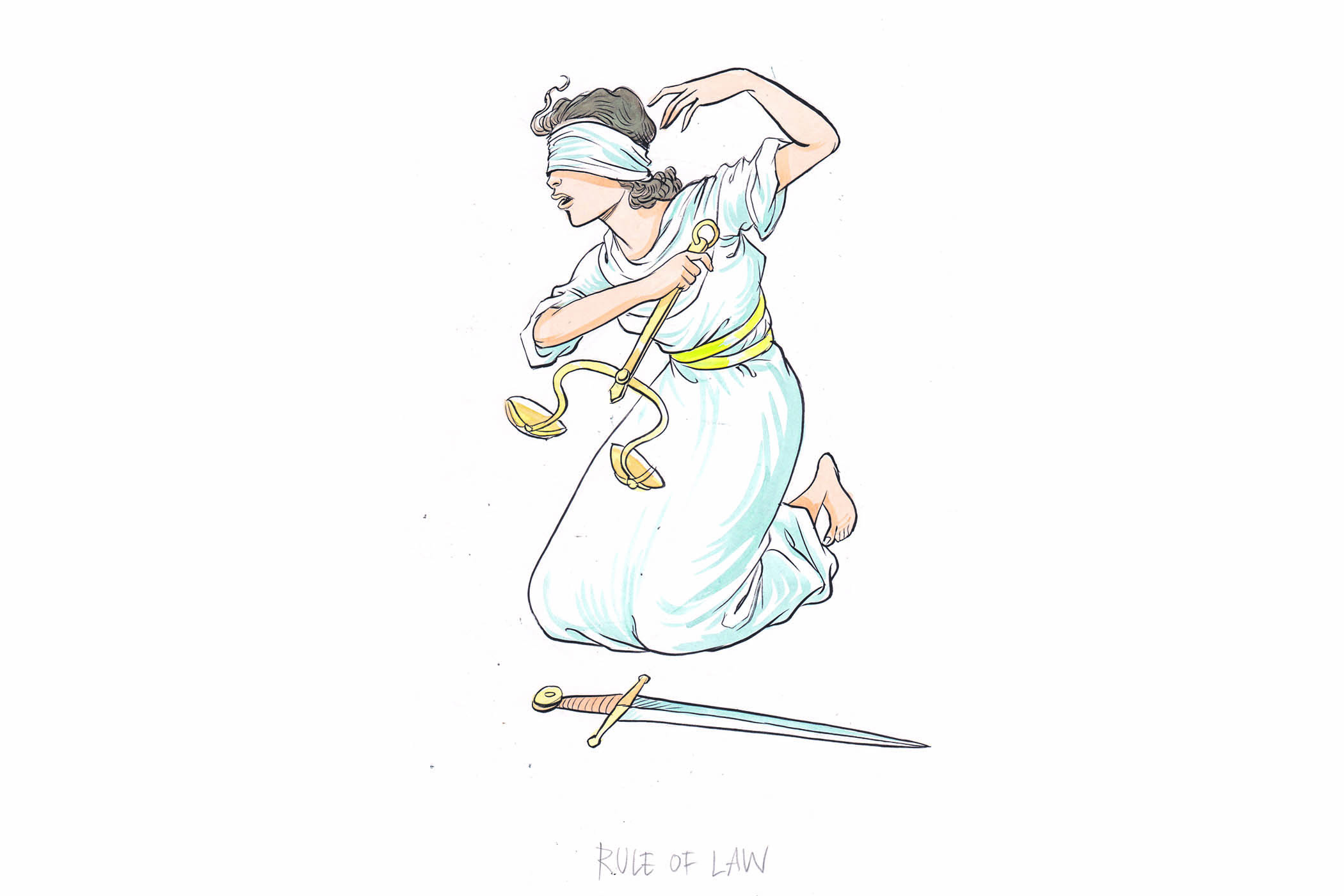Welcome to the Sensemaker, our daily newsletter. It features calm and clear analysis on the stories driving the news across tech, politics, finance, culture and more. The Sensemaker will appear here every morning, but to receive it in your email inbox, sign up on our newsletters page.
Last week the House of Lords debated amendments to the Employment Rights Bill that would ban the use of non-disclosure agreements (NDAs) to hush up cases of workplace harassment, discrimination and bullying.
So what? It’s taken a while, but these amendments should
•
help workers speak out about workplace misconduct;
•
limit abuse of the law to silence complainants; and
•
leave NDAs legal for appropriate commercial use.
NDAs entered public consciousness when their misuse by powerful individuals came to light at the dawn of the MeToo movement in 2017. But misuse led to more use. NDAs nowadays are used to hide bad and potentially illegal behaviour in almost every workplace, including
•
Trade unions – Claire Laycock, who worked at the Transport Salaried Staff’s Association, was subject to an NDA which the union enforced in 2022 to prevent her repeating allegations of sexual harassment against its general secretary;
•
Mental health charities – a woman working at a mental health charity took her employer to a tribunal to avoid signing an NDA that would have stopped her from talking about alleged mental health-based discrimination; and
•
Councils – last year Lambeth Council admitted forcing 136 residents to sign “confidentiality provisions” to receive money owed them for building work for which they were overcharged.
The floodgate. The New Yorker lifted the veil on the widespread use of NDAs in Hollywood with Ronan Farrow’s 2017 exposé of Harvey Weinstein, the ex-Miramax chief since convicted of rape. Farrow said Weinstein had used NDAs “to evade accountability for claims of sexual harassment and assault for at least twenty years”.
Examples that have emerged since:
•
Mohamed Al-Fayed. The former Harrods boss who died last year used NDAs to conceal more than 100 cases of alleged rape and sexual abuse.
•
Neil Gaiman. Allegations that the author forced a woman to sign an NDA preventing her speaking publicly against him were the subject of a Tortoise investigation last year.
•
The X Factor. The singer Rebecca Ferguson said she was “bound by multiple NDAs” but decided to speak out about negative experiences on the talent show, 13 years after appearing on it.
Breaking the silence. “This is about everything from faulty breast implants to flammable cladding,” Zelda Perkins, the first person to break an NDA about Weinstein, told Tortoise in 2021. “I had hundreds of people, men and women, come to me whose NDAs had devastating effects on their lives.”
Known unknowns. There is no data on how many people in the UK have signed an NDA and what they might have been prevented from speaking about. NDAs are hard to detect because they usually stop people who’ve signed them acknowledging their existence.
Related articles:
NDAs are often one section within a broader agreement drawn up to end a workplace complaint or legal claim. They might include
•
restrictions on who an individual can speak to about their experiences, such as friends, family or even health professionals;
•
unlimited time-spans that prohibit a person from speaking forever;
•
euphemisms such as confidentiality or privacy clauses rather than the phrase NDA; and
•
a financial settlement.
Law and order. If a crime’s been committed, NDAs are unlikely to be legally enforceable. But victims do not always know their rights or have the means to seek legal support.
Newsletters
Choose the newsletters you want to receive
View more
For information about how The Observer protects your data, read our Privacy Policy
Muzzled. Labour MP Louise Haigh tabled the original amendment to the Employment Rights Bill to prevent the use of NDAs. Earlier this month, she told fellow MPs about several people who had been forced to sign them, including a woman who was raped by a colleague and banned from speaking to medical professionals about it.
Change. The House of Lords extended this with further amendments that would extend legal aid to harassment victims and ban agreements that would cover up illegal conduct.
About time. This would bring other industries in line with higher education, ending a two-tiered system. After revelations about the widespread use of NDAs by UK universities to suppress student grievances and misconduct, the last government banned them from using the agreements around complaints of sexual misconduct, bullying and harassment.
What’s more… Under the new amendments, workers would still be able to request anonymity if they want.
Photography by Tayfun Salci/ZUMA Press



